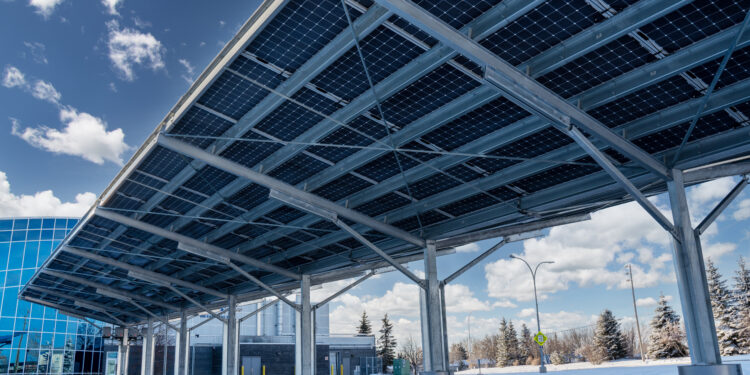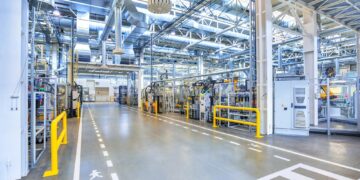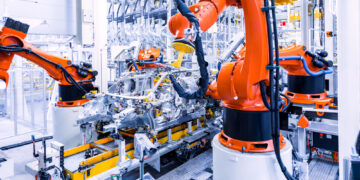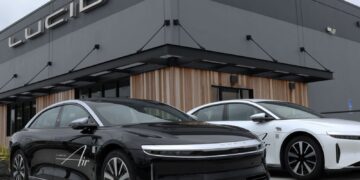Low-Carbon Concrete Initiative in Saudi Arabia
Saudi Arabia is set to welcome its first low-carbon concrete solution through a partnership between the UK’s Next Generation SCM and Nizak Mining Co., a City Cement subsidiary. This joint venture aims to produce sustainable supplementary cementitious materials (SCM) regionally, utilizing advanced technology that requires just one-sixth of the fuel used in conventional cement production.
This innovative process operates at lower temperatures, significantly reducing both operational costs and emissions. In Denmark, the technology produces calcined clay with only 8 kg of CO2 per ton, a remarkable 99% reduction from the average 600 kg per ton for traditional cement.
Plans are underway to establish the first factory in Riyadh, with production slated to begin by the third quarter of 2025. The facility aims to produce 350,000 tonnes in its first year and double that in the second year. This initiative aligns with Saudi Arabia’s Vision 2030, which includes cutting carbon emissions by 278 million tonnes annually and increasing renewable energy production.
This joint venture will significantly reduce the carbon footprint of concrete. While traditional concrete emits 210 kg of CO2 per cubic meter, the new SCM can reduce emissions by up to 58%.
Christian Husum, CEO of Next Generation SCM, highlighted the global impact of this technology, noting that urban populations are expected to grow by 2 billion over the next 30 years. Husum stated, This joint venture will revolutionize concrete production, offering a sustainable solution for building infrastructure globally.
The venture introduces CemTower technology from Danish firm CemGreen to the Gulf Cooperation Council market, enhancing the region’s ability to produce sustainable concrete. With traditional SCM alternatives like fly ash and slag unavailable locally, this initiative marks a crucial step for Saudi Arabia in producing low-carbon materials.
Majed Al-Osailan, CEO of City Cement, emphasized the significance of this venture in supporting Saudi Arabia’s growth as a global materials hub, enhancing job creation, and improving access to low-carbon materials for export across the region.









